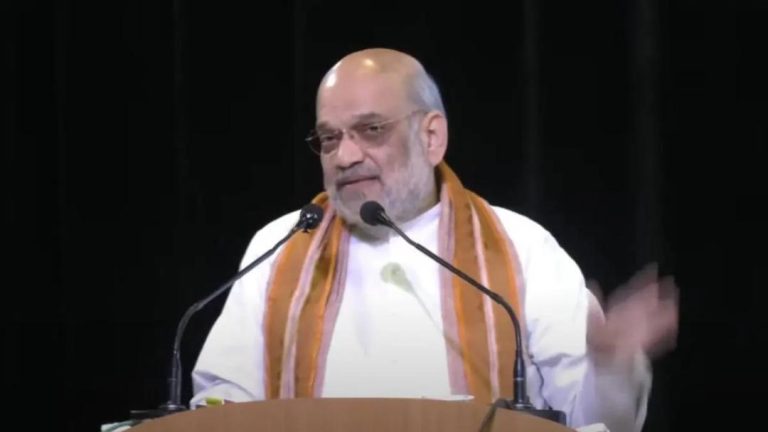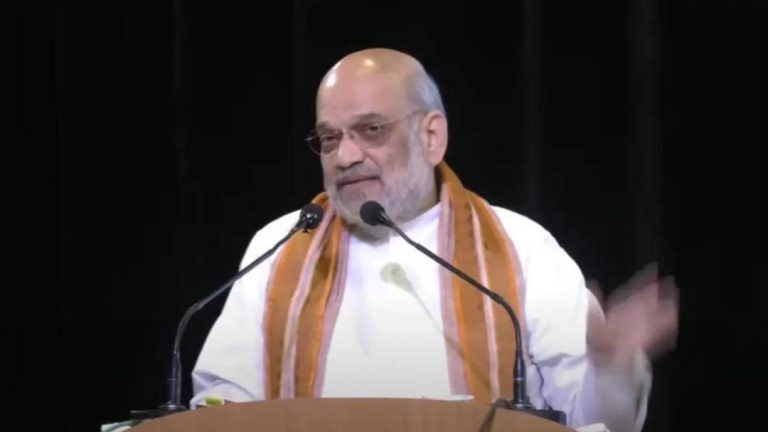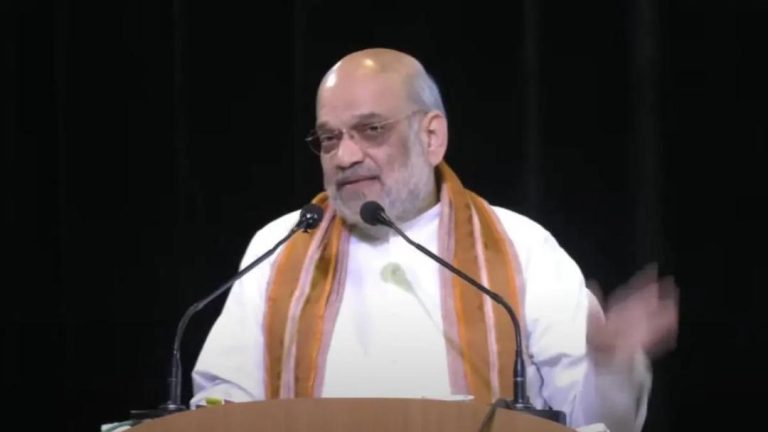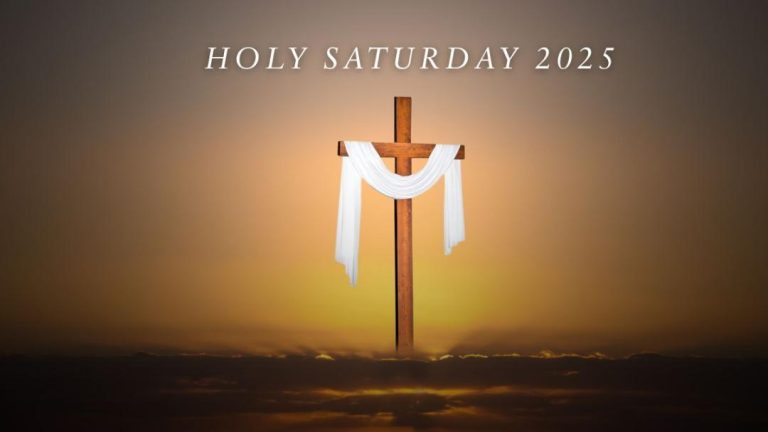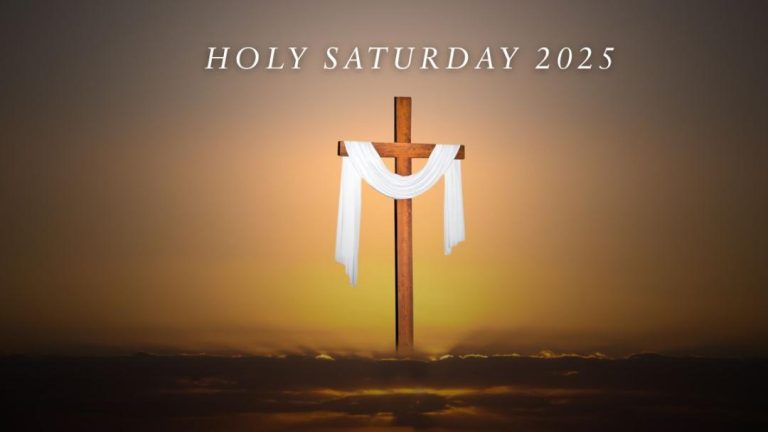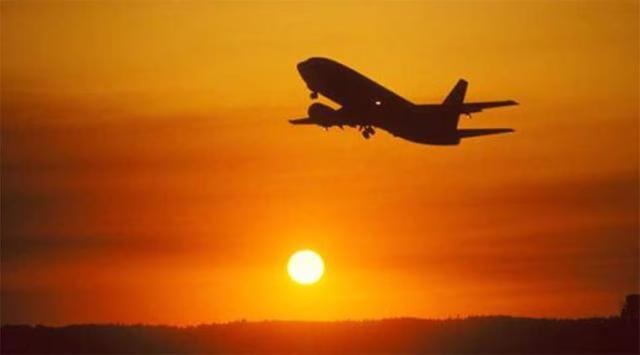
Class 12 Physics & Math requirement for becoming commercial pilot might be scrapped: Report
The Indian aviation industry has been buzzing with excitement recently, as reports suggest that the Directorate General of Civil Aviation (DGCA) is planning to scrap the current rule that requires students to have studied Physics and Math in Class 12 to be eligible for commercial pilot licence training. According to a recent report, this change could potentially open up the field of commercial piloting to students from various streams, including Arts and Commerce.
As per the current rules, commercial pilot training in India has been restricted to students who have studied Science and Math in Class 12. This means that students pursuing non-Science streams, such as Arts and Commerce, have been barred from pursuing a career in commercial piloting. However, the DGCA’s proposed move could change this scenario, allowing students from various streams to pursue their dreams of becoming commercial pilots.
The report suggests that the DGCA is considering revising the eligibility criteria for commercial pilot licence training, which could enable students from non-Science streams to take up this career. This move is expected to increase the pool of eligible candidates and provide more opportunities for students from diverse backgrounds to pursue a career in aviation.
The reason behind this proposed change is to make commercial piloting a more inclusive and accessible career option. Currently, the Science and Math stream is considered the most popular choice among students aspiring to become commercial pilots, which can lead to a scarcity of seats in flying schools. By relaxing the eligibility criteria, the DGCA hopes to attract a broader range of students and increase the overall pool of talent in the aviation industry.
It’s worth noting that the DGCA is not the only aviation authority to consider relaxing the eligibility criteria for commercial pilot training. The International Civil Aviation Organization (ICAO) has also been advocating for a more inclusive approach to pilot training, allowing students from various educational backgrounds to pursue a career in aviation.
The proposed change has been welcomed by many in the aviation industry, who believe that it will help to increase diversity and create a more inclusive environment. “This is a great move by the DGCA,” said a spokesperson for a leading flying school. “It will open up new opportunities for students from diverse backgrounds and help to increase the pool of talent in the aviation industry.”
However, not everyone is convinced that this change is necessary or beneficial. Some experts argue that the current eligibility criteria are in place for a reason, and that relaxing them could compromise the safety and quality of commercial pilot training. “While it’s true that the current criteria may limit the pool of eligible candidates, it’s also important to ensure that commercial pilots are properly trained and equipped to handle the demands of this role,” said a senior pilot.
In conclusion, the proposed change to the eligibility criteria for commercial pilot licence training is a significant development in the Indian aviation industry. If implemented, it could potentially open up new opportunities for students from diverse backgrounds to pursue a career in aviation. While some experts have raised concerns about the potential impact on safety and quality, the DGCA’s move is likely to be welcomed by many who believe that it will increase diversity and create a more inclusive environment.
